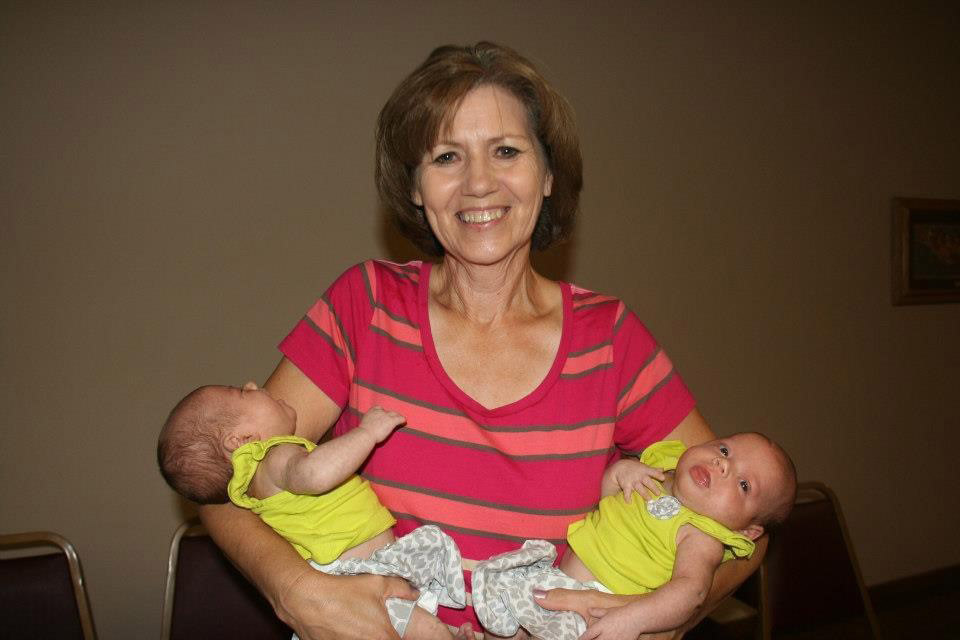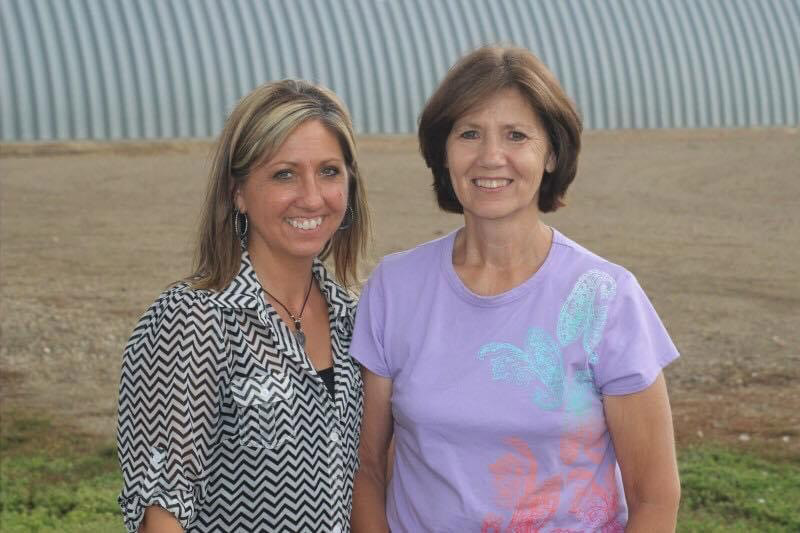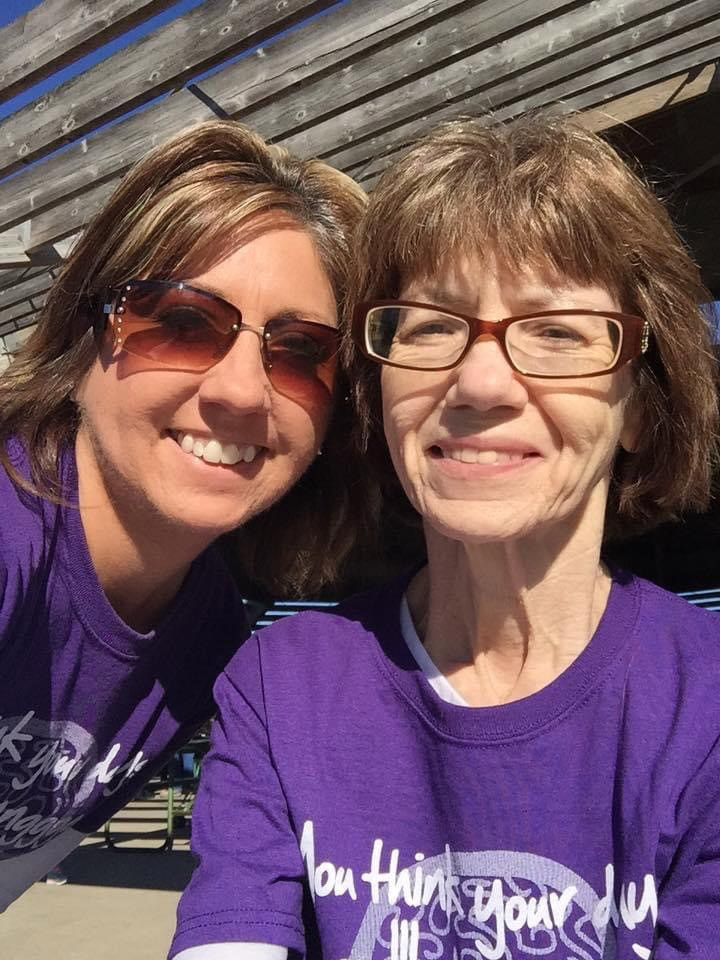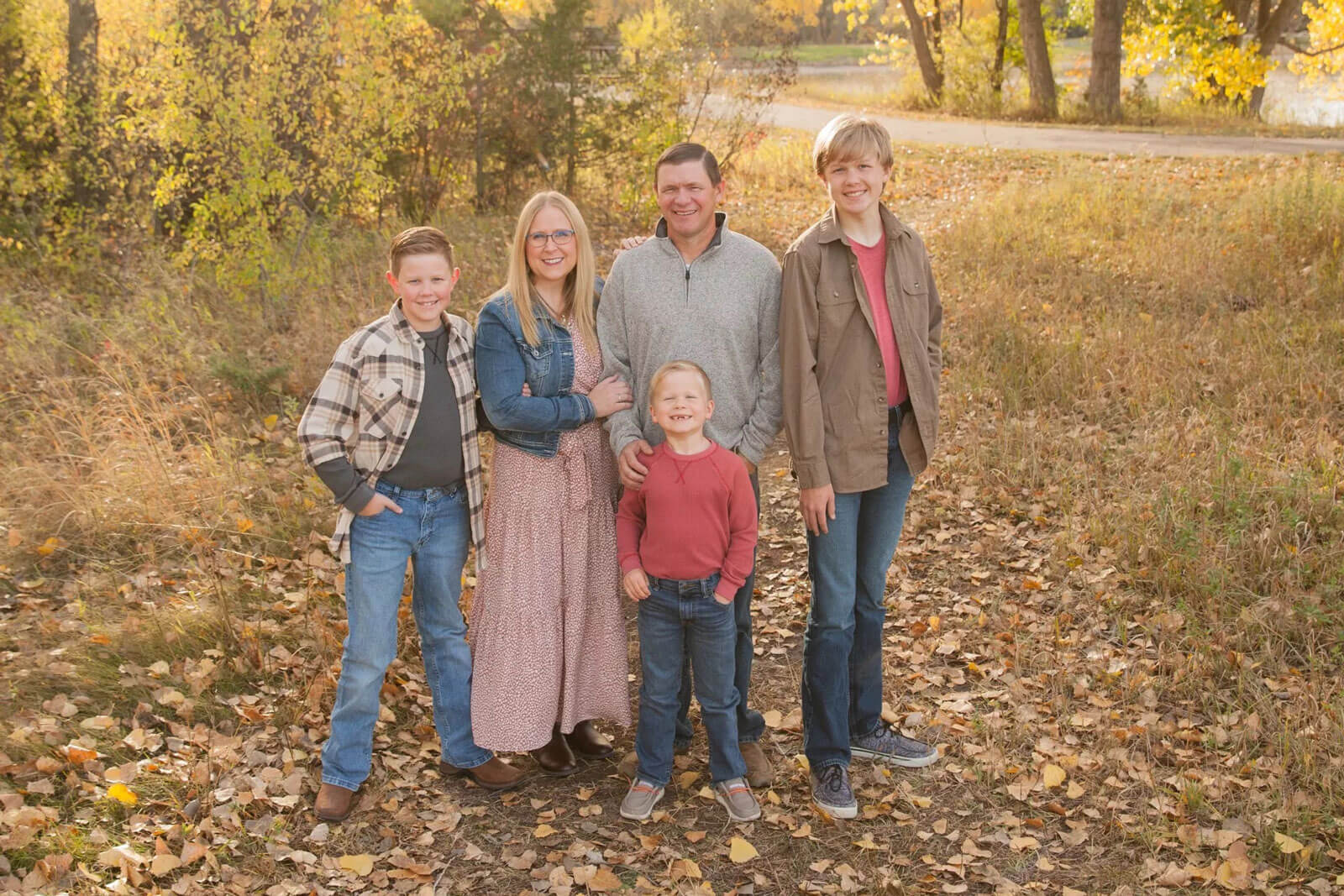We Invest in People – World Hope International
In a world filled with challenges, we firmly believe in the power of taking action and making a transformative difference. One guiding principle remains close to our hearts: “Invest in People.” This belief isn’t merely a sentiment but a driving force that inspires us to establish deep connections and foster a positive impact.
Our collaboration with World Hope and our involvement with the Enable the Children program in Sierra Leone stands as a testament to this belief. Investing in people, especially those in vulnerable situations, can genuinely change lives. World Hope’s mission to alleviate poverty, deliver healthcare, and empower communities aligns perfectly with our core values. It’s not just about financial aid but joining hands to help create a better tomorrow.
Discover how “Invest in People” and our collaboration with World Hope International transforms lives through physical and occupational therapy for children with disabilities in Sierra Leone.
Sierra Leone grapples with enormous challenges, especially in providing healthcare and support for children with disabilities. Recognizing this, we chose to step in. We are privileged and honored to fund physical and occupational therapy services for these children. Such services not only amplify their physical well-being but also enhance their overall quality of life. With proper support, they can become active community members, gain independence, and chase their aspirations.
But the ripple effect of our collaboration goes further. When children with disabilities receive the tools and assistance they require, they defy odds and redefine potentials. They become beacons of hope, challenging preconceived notions, and demonstrating that abilities are not constrained by disabilities.
Our work with World Hope and Enable the Children underlines the profound belief that uplifting individuals, especially those in vulnerable situations, paves the way for a brighter, more inclusive future. By dedicating our resources and expertise to children with disabilities in Sierra Leone, we are sowing the seeds of enduring change.
In these challenging times, our alliance with World Hope, Enable the Children, and the wider community shines brightly, illustrating the remarkable outcomes achieved when like-minded entities unite with shared values. Our dedication to uplifting others goes beyond mere words; it’s a relentless pursuit to make the world better, one individual at a time.
As we progress in our mission to empower children with disabilities in Sierra Leone, we hope to motivate others to discover ways to uplift and inspire. Our work serves as a reminder of hope’s potency and the transformative power of collective action. We believe that by investing in people, we can shape a future filled with light, hope, and endless possibilities.
Raymond James is not affiliated with the above charitable organizations.
CSP #338792 exp 11.24.26. Video CSP #548784 exp 7.23.25





